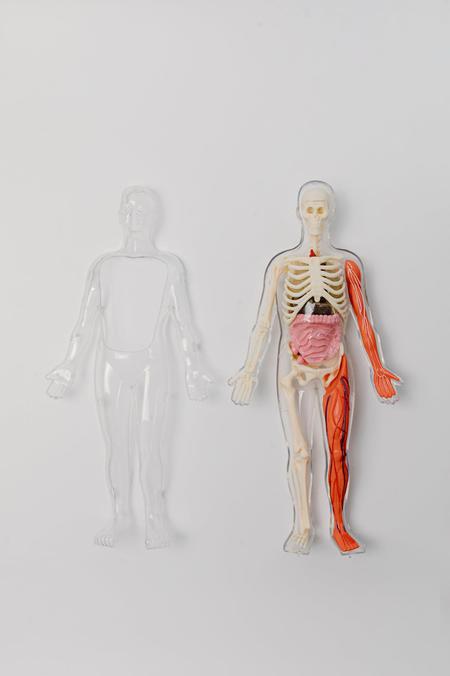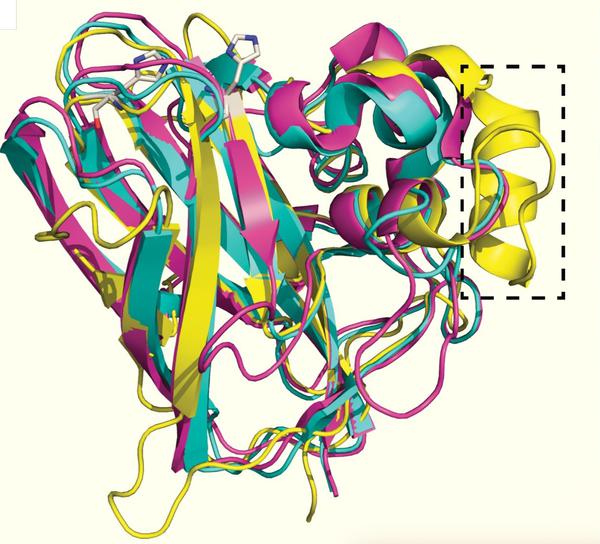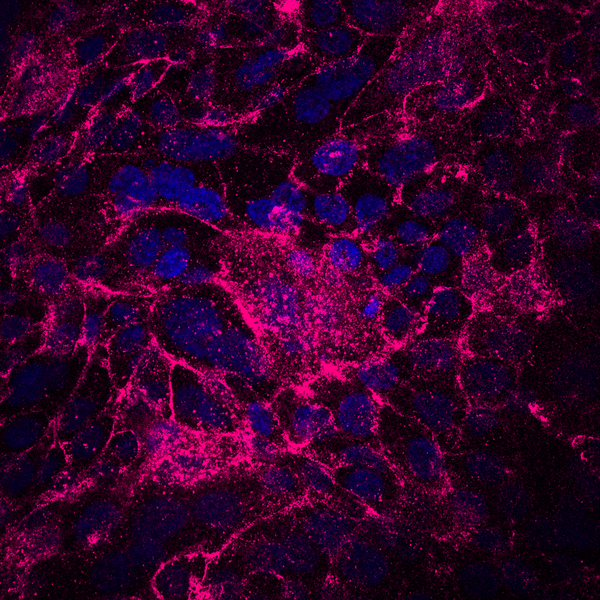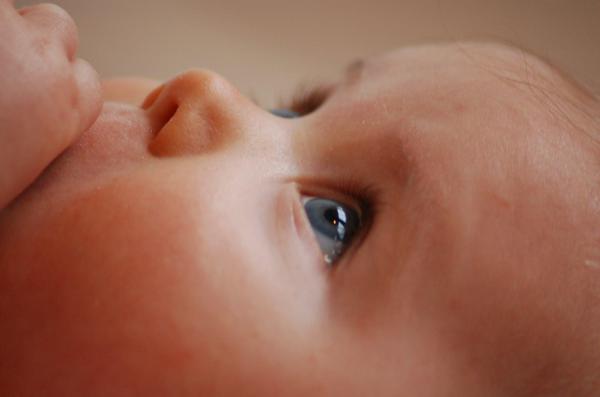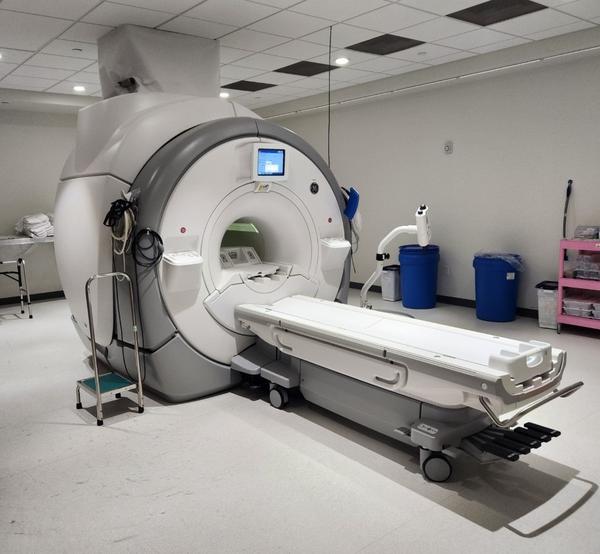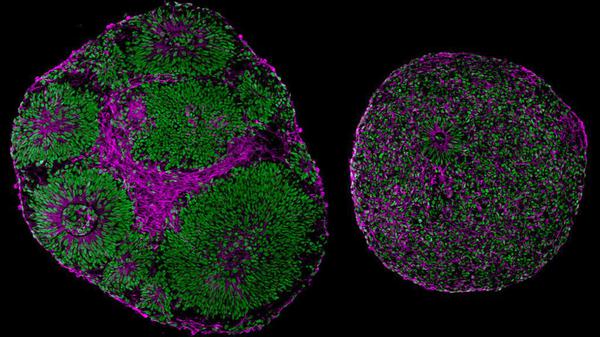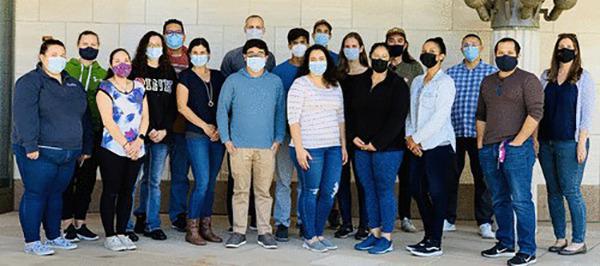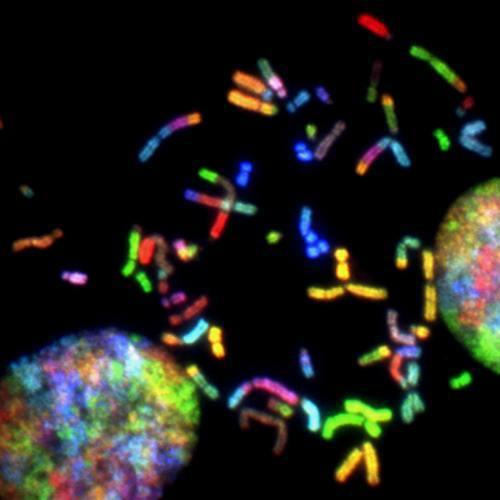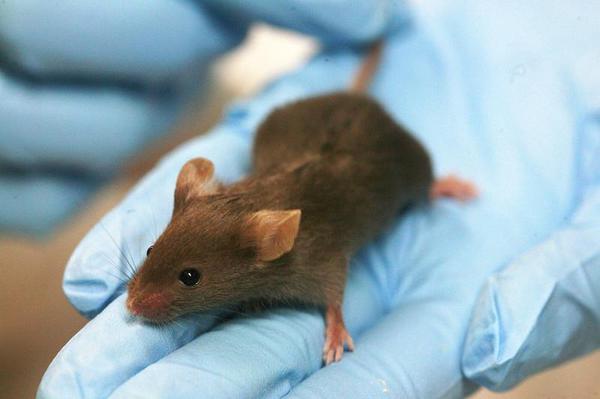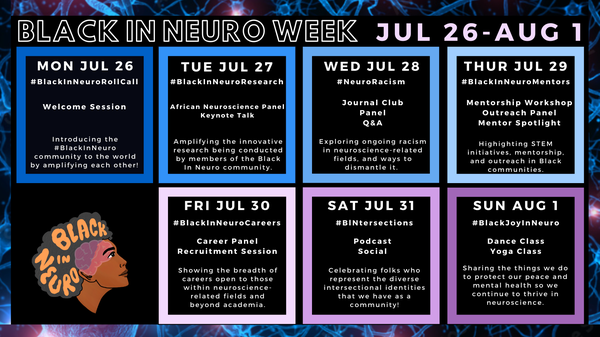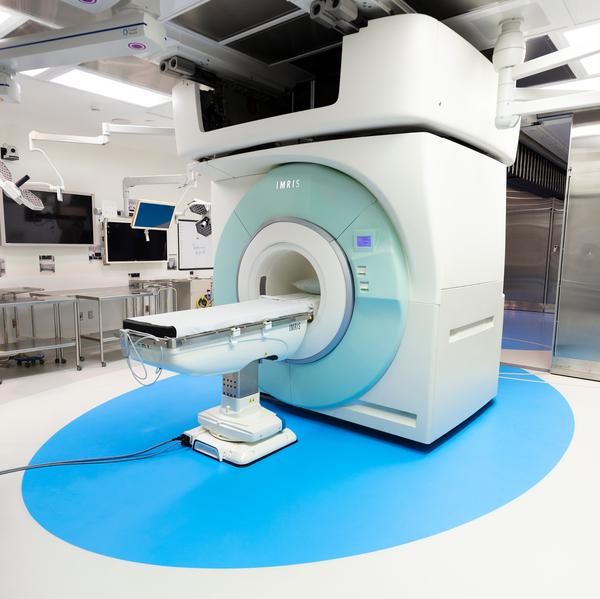
New Diagnostic Imaging Tool Monitors Fate of Cell Therapies in Cancer Patients
T cell therapies continue to be a promising new technology in the treatment of cancer. However, after the cells have been transferred to the patient, their fate is most often unknown.
In a new pilot study led by Eric Ahrens, PhD, professor of radiology at UC San Diego School of Medicine, researchers describe a novel tool for non-invasively monitoring the survival of a cancer cell therapy in patients. In their method, a fluorine-based nanoemulsion agent is used to ‘tag’ cells prior to patient in
In a new pilot study led by Eric Ahrens, PhD, professor of radiology at UC San Diego School of Medicine, researchers describe a novel tool for non-invasively monitoring the survival of a cancer cell therapy in patients. In their method, a fluorine-based nanoemulsion agent is used to ‘tag’ cells prior to patient in

